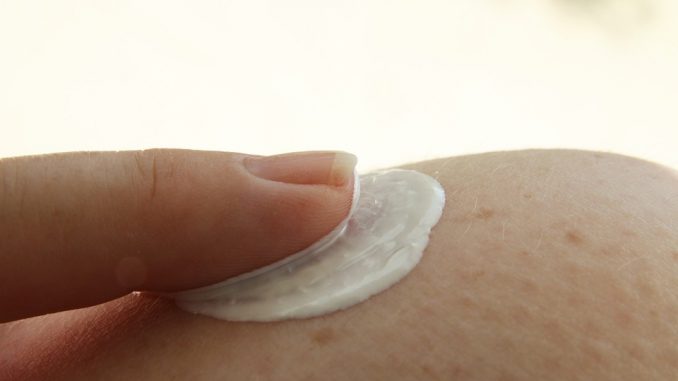
Dermatocosmetics specialists provide us with a lot of useful tips for whenever we encounter issues with our skin. They can teach us many things about the needs of our skin and how to that velvety skin that all of us want. However, even though there is currently a wide range of products that can help us, nature also has a very important role to play.
All the vitamins and minerals our skin needs can be found in nature. Fresh fruits and vegetables can help us even more than cosmetics do. Strengthening the body with vitamins is the first step for a beautiful skin. The rest should be just adjuvants, to help us finish what we naturally get: a healthy skin.
A beautiful, radiant skin is not only obtained with the right products, but with a diet that strengthens the results. The body needs vitamins, which help it regenerate and protect it from the inside. Wrinkles, acne skin, inflammation, all are signs of a deficient state of health, often caused by a diet insufficient in vitamins and nutrients.
But what are the nutrients and vitamins essential to a beautiful skin and a healthy skin?
Specialists have put up a list of nutrientss without which our skin cannot function properly. These should be incorporated into our diet, either through fruit and vegetables or as supplements. Here are some of the most important vitamins and other nutrients recommended by our specialists to get a healthier skin.
Essential Vitamins
Vitamins C, E, A, K and complex B can stimulate skin health.
Here are the benefits of each of these vitamins.
Vitamins C and E
Vitamin C, or ascorbic acid, is an essential nutrient for our body, both for its various metabolic reactions and for its use in the proper regeneration and synthesis of collagen. Its antioxidant actions have been known and used since ancient times, which is why vitamin C is always recommended. There is no diet that does not recommend consuming vitamin C, and there is no specialist who doesn’t recognize its beneficial effects.
Vitamin E is another essential vitamin, which is at the same time a great antioxidant. Vitamin E is involved in processes that stimulate the elimination of toxic substances in the body and even plays an important role in the fight against cancer or cardiovascular disease. Combined, the beneficial effects of these vitamins with antioxidant properties are incredible. Many studies keep demonstrating that vitamins C and E can help us even more than we think.
Vitamin A
Vitamin A is one of the vitamins that directly affects the health and appearance of our skin. It is a vitamin that the body cannot store, so if your diet has enough vitamin A, supplementing it will not have significant beneficial effects on the skin. But when the vitamin A level drops, the results are immediately visible: the skin loses its firmness, its color and its texture changes a lot.
Vitamin K
Even if it may seem surprising, vitamin K has many beneficial roles in promoting skin health. Although it is currently known as a procoagulant factor, studies have found other ways in which this liposoluble vitamin can influence the body. Used for dermatocosmetic purposes, vitamin K is not recommended to be taken orally or intravenously. It should be included in preparations with topical action.
Thus, in new formulas and products, it seems that vitamin K plays a very important role in reducing dark circles and the healing of hematomas. Specialists recommend it especially after laser surgery, as Vitamin K has been shown to significantly reduce the appearance of post surgery hematomas.
The effectiveness of vitamin K is increased especially when combined with vitamin A, vitamin C or vitamin E in products which aim to remove wrinkles and correct the aging skin appearance. Such combinations prove to be much better to other dermatological products.
Vitamin B complex
Of all the vitamins B, the most dermatologically important is biotin, also known as vitamin B7 or vitamin H. This is very important in the basic structure of the skin, nails and hair. If the body is deprived of this vitamin, there is a risk of serious dermatological conditions such as dermatitis or hair loss. The body is so sensitive to variations in the levels of biotin, and even the smallest changes may be responsible for the symptoms we’ve mentioned above.
The best natural sources of biotin are: vegetables, soy, tomatoes, green salad and carrots, strawberries, onions, eggs, cow and goat milk, cucumber, banana, rice, cereals.



Leave a Reply